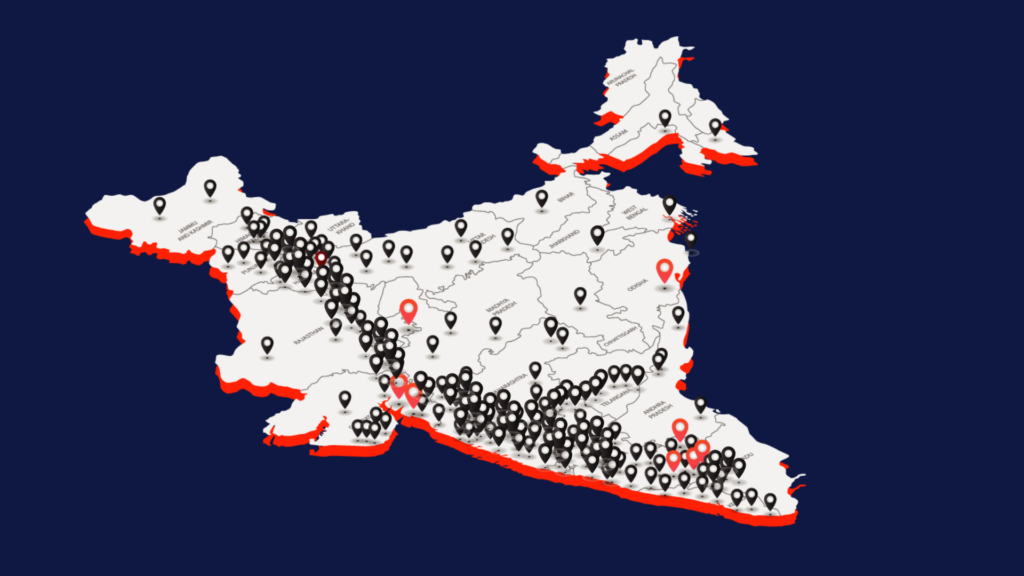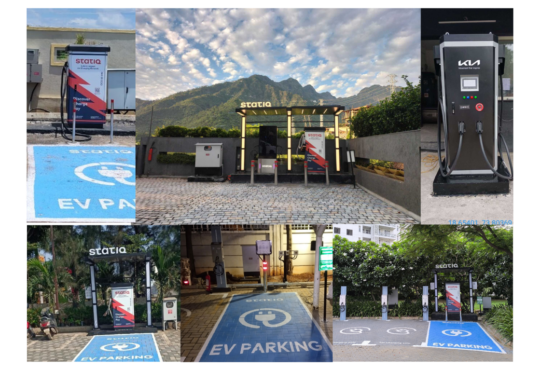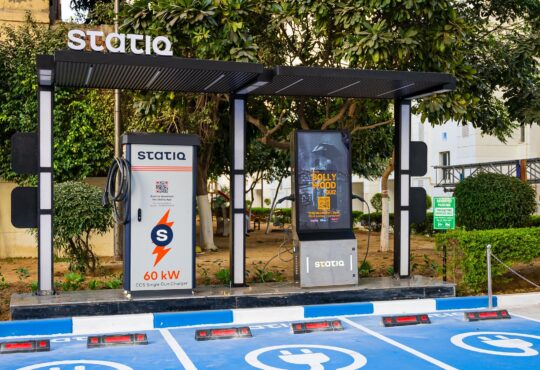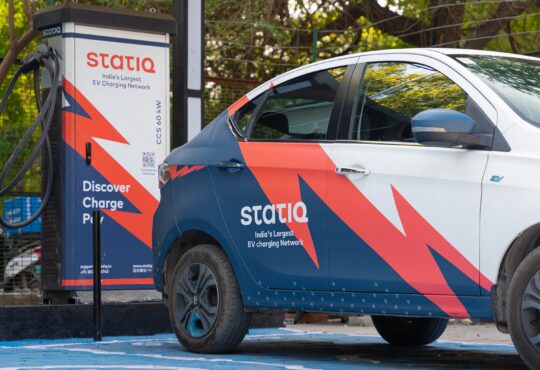
Benefits of Interoperability for Seamless EV Charging Experience Across India
In India, the electric vehicle market is flourishing rapidly. However, one of the significant challenges faced by EV owners is the fragmented landscape of charging infrastructure, which means different companies have their own EV charging stations with their own apps to access the charging services. This leads to the hassle of managing multiple charging apps and maintaining a minimum wallet balance.
Unlike traditional fuel stations, where consumers can refuel at any outlet regardless of the brand, EV charging stations often require navigating through multiple charging apps. This lack of interoperability poses several challenges for EV users and hampers the seamless adoption of electric vehicles across the country. In this blog, we will try to understand the concept of interoperability and explore how this can be a useful solution for EV owners across the country.
What is interoperability?

Interoperability refers to the ability of two or more components to interact with each other, exchange information, and use the information using standard protocols.
Interoperability provides the freedom to choose
It allows EV owners to access multiple EV charging infrastructures, irrespective of their brands.
Interoperability offers a compelling solution by creating an interconnected charging ecosystem that allows users to access charging stations operated by multiple charge point operators (CPOs) through a single platform or app. By standardizing communication protocols and payment systems, interoperability streamlines the charging experience, making it more user-friendly and accessible for EV owners.
Convenience of Charging and Overall Growth
Interoperability promotes customer convenience and the overall growth of the charging ecosystem.
A unified, interoperable charging ecosystem not only simplifies the charging process for consumers but also fosters competition and innovation among charging network operators. By breaking down barriers to entry and promoting open access to charging infrastructure, interoperability encourages collaboration and investment in expanding the EV charging network, ultimately accelerating the transition to electric mobility in India.
Furthermore, interoperability enhances the overall reliability and resilience of the EV charging infrastructure by providing redundancy and fallback options in case of network outages or maintenance issues. This ensures uninterrupted access to charging facilities for EV owners, instilling confidence and trust in the reliability of electric vehicles as a viable mode of transportation.
Conclusion
Interoperability holds immense potential to transform the EV charging landscape in India, offering a pathway to a more seamless, convenient, and inclusive charging experience for all stakeholders. Presently, interoperability is needed to build a reliable charging infrastructure that will not only boost EV adoption but will also help to overcome the challenges of fragmentation and pave the way for a sustainable and electrified future of mobility in India.
Leveraging Interoperability: Access Multiple EV Charging Stations on the Statiq App
Statiq, India’s largest and most reliable EV charging network, has recently tied up with multiple charge point operators to provide seamless and reliable EV charging for all EVs using the Statiq app. Now you don’t have to manage multiple wallets to access charging infrastructure across India. No matter if you are in Delhi, Chandigarh, Bangalore, Pune, Mumbai, or any other part of India, Just download the Statiq app to access different EV charging stations using one app and pay conveniently through the Statiq wallet. Currently, you can access GLIDA, Shell, E-fill, Sunfuel, Ioncharge, Torrent Power, GMR, ChargeMOD, Hyundai, and other charging networks on the Statiq app.
Also read, Harnessing Clean Energy: The Role Of Electric Vehicles In Modernising Agriculture



